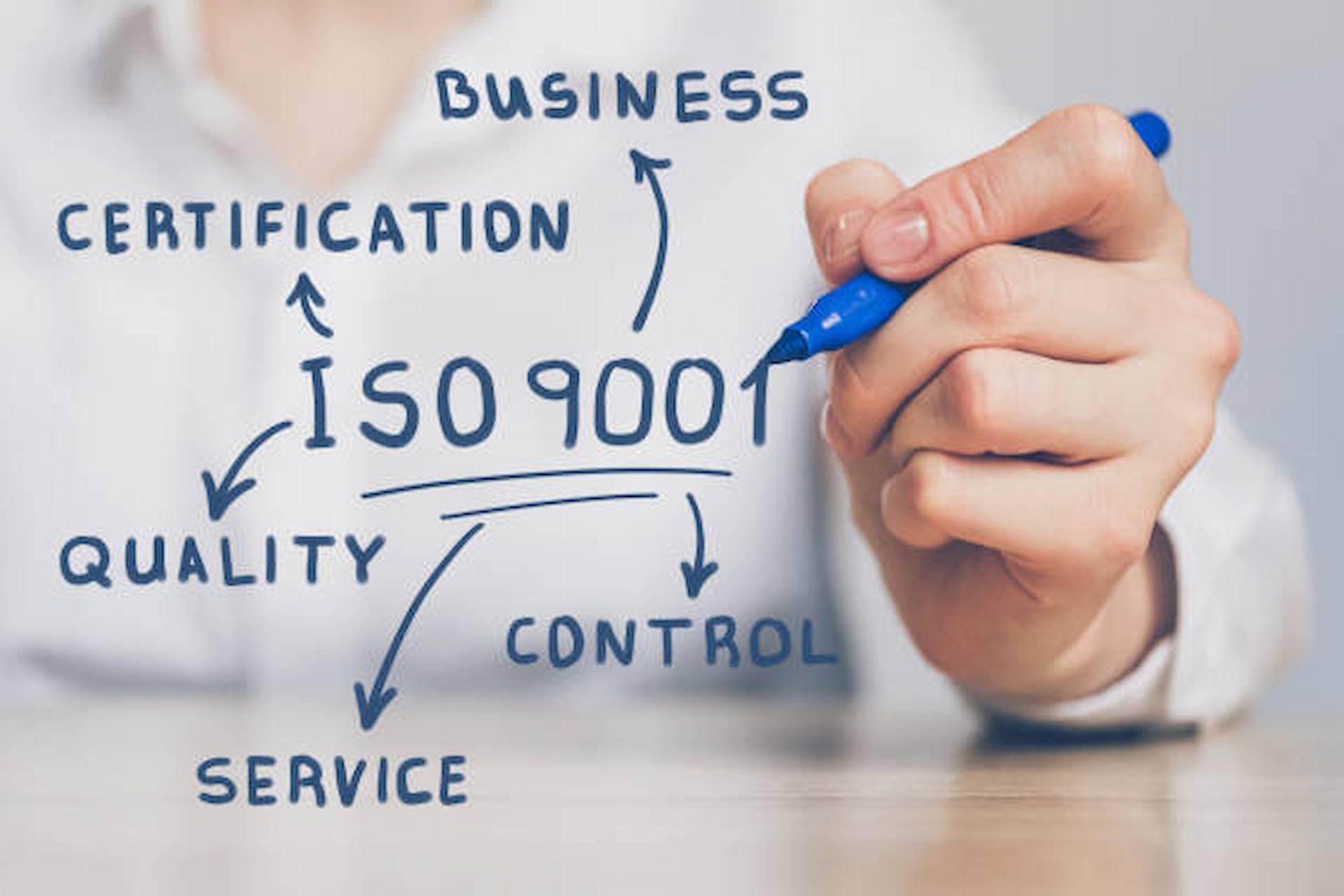ISO 9001 is one of the most internationally-recognised standards and also one of the most recommended in just about any industry. Being one of the most flexible of the ISO standards, it is applicable to any industry. Businesses and organisations are able to adjust the guidance and processes during implementation so that their unique ISO 9001 accreditation accurately reflects their industry sector.
Businesses and organisations don’t have to work towards achieving ISO 9001 accreditation. It isn’t mandatory and it isn’t even part of any UK regulations. However, if you want to promote sustainability and improve relationships with your stakeholders on an international level, boost customer satisfaction as well as streamline and modernise the process for cost-effective business growth, ISO 9001 is probably the way to do it.
Achieving accreditation can be a challenge and to be successful, does mean a change of mindset throughout the business/organisation. However, it will help to:
- Develop, modernise and improve central processes and procedures.
- Consistently improve and progress operations.
- Reduce overhead and productivity costs.
- Increase customer trust.
- Preserve and maintain positive relationships with stakeholders.
- Provide the opportunity to win new business, at home and overseas.
- Work towards developing a strong, sustainable business that is respected worldwide.
The Main Elements Of ISO 9001
ISO 9001 is based around creating and developing a comprehensive, effective Quality Management System (QMS) that allows the business/organisation to achieve consistent ongoing improvement. There are 7 main elements to attain ISO 9001 accreditation.
Context Of The Organisation
- Assess the business or organisation’s internal and external factors that impact the quality of products or services.
- Identify the business or organisation’s stakeholders, including employees, suppliers and any other parties, such as shareholders.
- Measures the business or organisation adopts to understand their customers and their needs.
Leadership
- Creating a comprehensive Quality Management System.
- Establishing quality objectives and policies.
- Communicating the defined quality objectives and policies to employees responsible for their products and services.
- Conducting and managing annual quality management reviews.
Planning
- Document any potential risks including the chance of occurrence and their severity.
- Develop plans to reduce or prevent risks and their effects.
- Integrate and measure effective ISO 9001 plans to improve product and service quality.
Support
- Create a strong, robust infrastructure.
- Develop effective and efficient working environments.
- Develop an effective HR management team.
Operation
- The quality objectives and requirements of the business or organisation’s products or services.
- The processes, procedures, resources and documents needed by employees to produce their products or services successfully.
- The monitoring, testing and inspection required to ensure the ongoing quality of products and services.
- The rules and regulations governing the creation and storage of the business or organisation’s records.
Performance Evaluation
- Demonstrate the Quality Management System conforms to the requirements of ISO 9001.
- Ensure all aspects of the QMS are applied.
- Support and ensure continual quality management improvements across the organisation.
Improvement
- The improvement of products or services for the betterment of the business or organisation.
- To strive to better match customer needs and improve customer satisfaction.
- Identify processes and procedures that are not achieving goals, adjust and update them accordingly.
The Benefits Of Achieving ISO 9001 Accreditation
There are many benefits with ISO 9001 certification and following the global standard’s framework to build an effective Quality Management System will ensure the business/organisation is able to consistently:
- Identify their customers and ensure they are meeting their needs through continuous development of their products or services.
- Review and integrate internal policies and procedures including attaining compliance with the ISO certification to effectively streamline processes and procedures.
- Improve their image, brand and reputation.
- Establish a continuous quality improvement culture that is company-wide to consistently produce high-quality products or services, as well as the professional development of employees.
- Create partnership opportunities – some companies require ISO 9001 certification to become an accredited supplier.
- Create a process approach to ensure processes and procedures are controlled, measured, and repeated, thereby producing the desired results and increasing operational results.
- Create a customer-centric focus by establishing the aim of the business/organisation, ensuring customers are satisfied with the steps for improvement.
- Increase revenue, improve operations and reduce costs.
- Boost employee job satisfaction and morale.
Working towards accreditation can be time consuming, and there’s no doubt it is a challenge, but once achieved the benefits of ISO 9001 will outweigh the effort. At JR Consultants, we work with all types and sizes of businesses/organisations, across multiple industries, helping them to work towards and achieve ISO 9001 certification.




